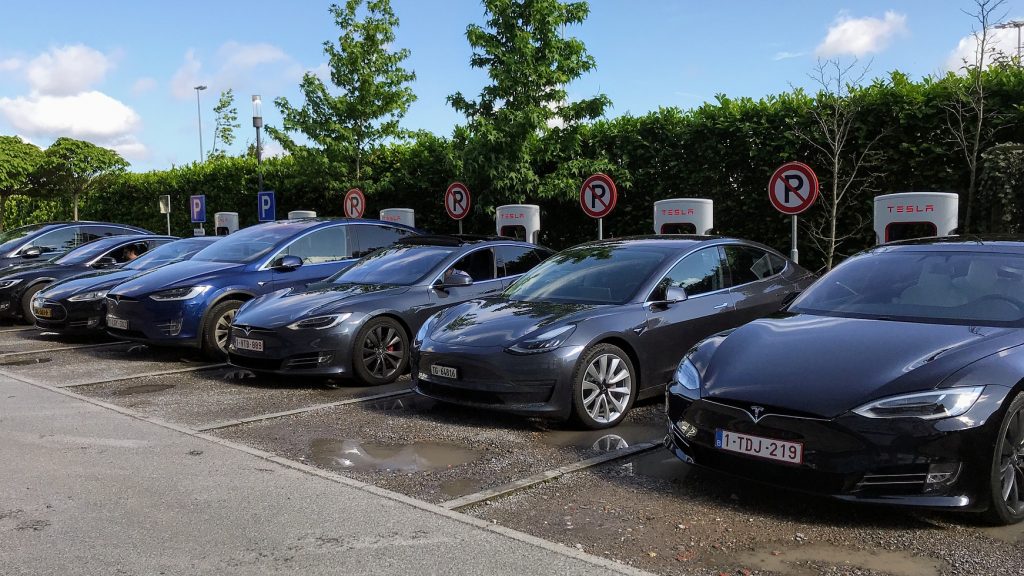How The Rural West Is Hampering The Building Of Electric Charging Infrastructure
Learn the reasons why the rural west is pushing back against increasing electric charging infrastructure in their states.
This article is more than 2 years old

Despite the growing embracement and adoption of electric vehicles, owning one is still largely impractical for a great number of people in the United States. This is due in part to the high costs associated with purchasing and owning one. Although, some automakers like Chevy are putting a big focus on making EVs more affordable to the masses. However, it is also due in part to how disparately the US’s EV charging infrastructure exists nationwide. The lack of a cohesive charging infrastructure makes taking an electric vehicle on a long trip more of a hindrance than an asset. And unfortunately, some states may be contributing to this overarching problem. The Wall Street Journal pointed out that certain western states have been pushing back against adequate growth of an expansive electric charging infrastructure in the US.
Five states, in particular, are stepping forward and voicing concerns over the installation of more prevalent electric charging in their states. These include Utah, New Mexico, Colorado, Montana, and Wyoming. Their concerns specifically relate to the initiative put forth by the Biden Administration to begin building out an infrastructure that would dictate that EV charging stations be available every 50 miles or so. The aforementioned handful of western states, in particular, have expressed fears pertaining to the necessity and feasibility of the requirements laid out in the new charging infrastructure initiative.
For instance, in states like Wyoming, there are wide stretches of open land that are so remote that no electric infrastructure even exists. Speaking about a stretch along Interstate 90, “There’s physically nothing there,” said Luke Reiner, director of the Wyoming Department of Transportation. Reiner then made the point that it wouldn’t be practical nor cost-effective to take the time to build out an electrical infrastructure in such a remote portion of that state. The other, more rural states pushing back are all citing similar circumstances.
That being said, their pushback might not be warranted. This is because exceptions have been outlined in the initiative that would exempt these states from building up electric charging stations in places where it is not cost-effective, feasible, or even necessary. Stephanie Pollack, who works as the deputy administrator of the Federal Highway Administration, put specific emphasis on the fact that states like Wyoming would be eligible to receive such exemptions. It’s also important to note that this whole initiative will be largely federally funded. In the coming years, states will begin to receive hundreds of millions of dollars to build out their infrastructure. So, while monetary concerns are somewhat warranted they aren’t fully justifiable.
Overall, the United States is undergoing a period of growth and change as it pushes towards a society that functions on more renewable and clean energies. However, as with any type of change, it is human nature to resist it. These states pushing back, despite the concession and exemptions that the new bill allows for, is indicative of that innate resistance to embracing the unknown and uncertain. But really, without change, there is no forward momentum. And stagnancy, at best, results in irrelevancy.





